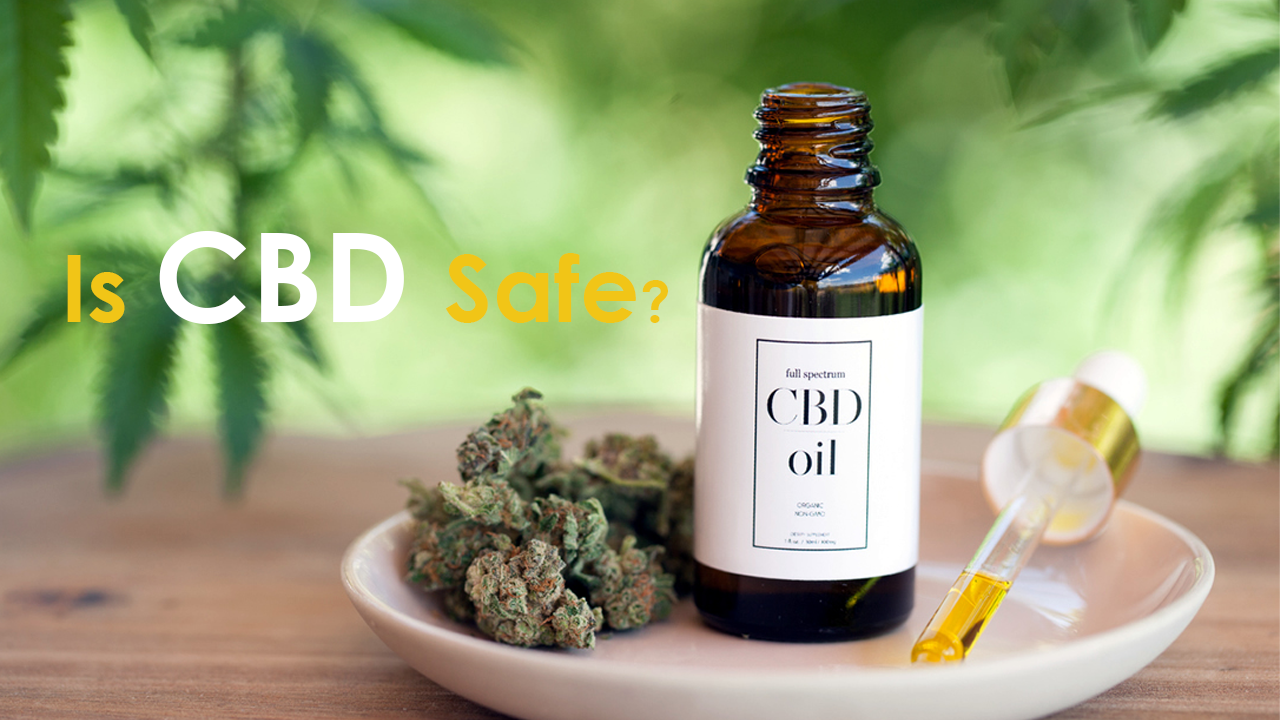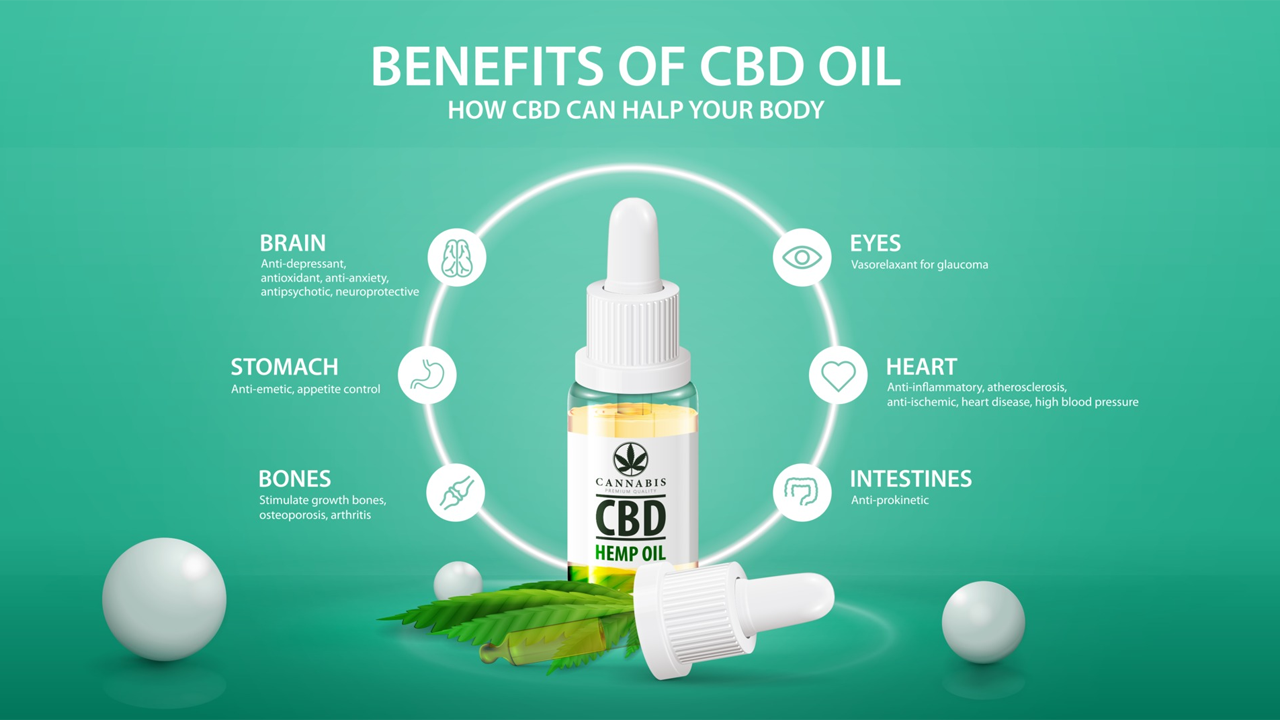CBD vs Traditional Supplements: Which One Works Best for Wellness?
In this article, we will explore the key differences, benefits, and limitations of CBD vs Traditional Supplements, helping you make decision for your health.

In today’s fast-evolving wellness industry, consumers are constantly bombarded with new trends, products, and claims. Two popular contenders dominating the conversation are CBD vs Traditional Supplements. Both promise to enhance overall health and well-being, but which one truly stands out when it comes to improving wellness? In this article, we will explore the key differences, benefits, and limitations of CBD vs Traditional Supplements, helping you make an informed decision for your health.
Explore the Contents
What is CBD?
CBD, short for Cannabidiol, is a non-psychoactive compound extracted from the hemp plant. Unlike THC (tetrahydrocannabinol), CBD does not induce a “high” but has gained attention for its potential therapeutic properties. CBD interacts with the body’s endocannabinoid system (ECS), a complex cell-signaling system responsible for regulating various physiological functions such as mood, pain, appetite, and immune response.
Today, CBD products are available in several forms, including oils, capsules, gummies, topicals, and even beverages. Research suggests that CBD may help manage anxiety, chronic pain, inflammation, and sleep disorders, making it a versatile natural remedy for those seeking alternative wellness solutions.
What are Traditional Supplements?
Traditional Supplements refer to vitamins, minerals, herbs, amino acids, and other dietary ingredients used to enhance health. Common examples include multivitamins, omega-3 fatty acids, probiotics, magnesium, calcium, turmeric, and vitamin D. For decades, traditional supplements have been the go-to choice for individuals aiming to fill nutritional gaps, support immune health, improve digestion, and maintain overall vitality.
Traditional supplements are often tailored to address specific health needs. For example, vitamin C is widely used for immune support, while calcium is taken to promote bone health. The global supplement market continues to grow, driven by increasing awareness of preventative healthcare and nutrition.
CBD vs Traditional Supplements: A Detailed Comparison
1. Mechanism of Action
CBD primarily interacts with the endocannabinoid system (ECS) to regulate balance within the body. The ECS plays a crucial role in maintaining homeostasis, influencing mood, stress, pain perception, immune function, and sleep cycles.
In contrast, traditional supplements work by directly supplying essential nutrients, vitamins, and minerals that may be deficient in one’s diet. For instance, iron supplements are used to correct iron-deficiency anemia, while omega-3 fatty acids support heart and brain health by reducing inflammation.
CBD modulates physiological responses via receptor interactions, while traditional supplements typically address nutritional deficiencies or provide targeted support to specific organs or systems.
2. Health Benefits
CBD Health Benefits:
-
Anxiety and Stress Relief: Studies show CBD can reduce anxiety symptoms by interacting with serotonin receptors in the brain.
-
Pain and Inflammation: CBD has anti-inflammatory properties that make it a popular choice for managing chronic pain, arthritis, and muscle soreness.
-
Sleep Support: CBD helps improve sleep quality by calming the nervous system and reducing insomnia-related symptoms.
-
Neuroprotection: Emerging research suggests that CBD may have neuroprotective effects, potentially aiding in conditions such as epilepsy and multiple sclerosis.
Traditional Supplements Benefits:
-
Nutrient Support: Traditional supplements like multivitamins provide essential nutrients such as vitamins A, C, D, E, and minerals like zinc and magnesium.
-
Immune Boosting: Supplements like vitamin C, echinacea, and probiotics are renowned for strengthening immune defense.
-
Digestive Health: Probiotics and fiber supplements support gut health and improve digestion.
-
Bone and Joint Health: Calcium, vitamin D, and glucosamine are commonly used to maintain strong bones and flexible joints.
While CBD addresses wellness by targeting the ECS and reducing inflammation, traditional supplements are essential for maintaining nutrient balance and supporting specific body systems.
3. Scientific Research & Regulation
CBD is relatively new in mainstream wellness, and while initial research shows promise, more large-scale clinical trials are necessary to establish its full range of benefits. The FDA has only approved one CBD-based drug (Epidiolex) for treating certain seizure disorders. Most CBD products are sold as wellness supplements, but they remain unregulated by the FDA, leading to variability in quality and potency.
Traditional supplements, on the other hand, are backed by decades of scientific research. Nutrients like vitamin D, calcium, and omega-3 fatty acids have been extensively studied for their health benefits. While dietary supplements are also not FDA-approved for medical claims, reputable supplement manufacturers adhere to Good Manufacturing Practices (GMP), and third-party testing is common to ensure product safety.
4. Safety and Side Effects
CBD Side Effects:
-
Mild drowsiness or sedation
-
Dry mouth
-
Gastrointestinal discomfort
-
Potential drug interactions (especially with blood thinners)
CBD is generally considered safe, but its effects can vary depending on dosage and individual tolerance.
Traditional Supplements Side Effects:
-
Vitamin toxicity (e.g., hypervitaminosis A or D from excessive supplementation)
-
Digestive issues like bloating or constipation
-
Allergic reactions to certain herbal supplements
-
Potential interactions with medications (e.g., St. John’s Wort affecting antidepressant efficacy)
When used responsibly, both CBD vs traditional supplements are safe. However, consulting a healthcare provider is always recommended, particularly for individuals with underlying health conditions.
5. Versatility and Usage
CBD offers a wide range of applications. It is available as tinctures, capsules, gummies, topicals, and even pet products. Many users prefer CBD oils or CBD-infused edibles for ease of use and customizable dosing.
Traditional supplements also come in diverse forms: tablets, capsules, powders, gummies, and liquid extracts. Their versatility lies in the fact that each supplement can target a unique health need, such as vitamin B-complex for energy or magnesium for muscle relaxation.
While CBD provides holistic benefits related to the ECS, traditional supplements allow you to choose specific nutrients based on your wellness goals.
6. Personalized Wellness Approach
The rise of personalized nutrition has shifted consumer behavior towards custom wellness routines. Some individuals may find CBD effective for stress management, while others may need traditional supplements like iron or folic acid to meet specific health needs such as pregnancy support or anemia treatment.
Many people today combine both approaches. For instance, someone might take CBD oil for relaxation and pair it with probiotics or vitamin D to boost gut and immune health. The synergy between CBD vs traditional supplements can offer a well-rounded wellness strategy.
CBD vs Traditional Supplements: Which is Better?
The answer ultimately depends on your individual health goals and body needs. If you’re looking for natural support for mental well-being, pain relief, or better sleep, CBD may be a strong option. If you need to correct nutrient deficiencies or support specific areas like bone health or digestion, traditional supplements are indispensable.
Here’s a quick comparison table to summarize:
| Criteria | CBD | Traditional Supplements |
|---|---|---|
| Primary Function | Supports ECS regulation, inflammation relief | Nutrient replenishment, targeted health support |
| Forms Available | Oils, gummies, capsules, topicals | Tablets, powders, capsules, liquids, gummies |
| Common Benefits | Anxiety relief, pain management, sleep aid | Immune boost, digestion aid, bone health, energy boost |
| Regulation | Lightly regulated (except Epidiolex) | Backed by extensive research and manufacturing standards |
| Side Effects | Mild sedation, dry mouth, GI upset | Vitamin toxicity risk, digestive discomfort |
The Future of Wellness: Integrating Both Worlds
More wellness enthusiasts are embracing integrative health practices, combining CBD with traditional supplements to maximize benefits. For example, pairing CBD oil with omega-3 fatty acids may enhance anti-inflammatory effects. Similarly, CBD gummies combined with magnesium could promote restful sleep and muscle relaxation.
As scientific research on CBD expands and more high-quality studies emerge, the wellness landscape will continue to evolve. Meanwhile, traditional supplements remain a cornerstone of nutritional health, trusted by millions worldwide.
Conclusion
In the debate of CBD vs Traditional Supplements, there is no one-size-fits-all answer. Both offer unique advantages and can complement each other in a well-rounded wellness routine. Whether you’re exploring CBD for stress relief or sticking to time-tested traditional supplements like multivitamins and probiotics, the key is to listen to your body and consult a healthcare professional before starting any new regimen.
By combining modern innovations like CBD with the reliable power of traditional supplements, you can unlock a more holistic approach to health and wellness.





